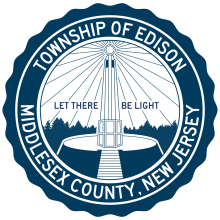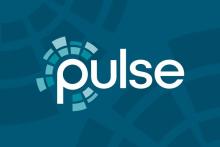
In a February Facebook post, the good folks at Municipal Broadband PDX out of Portland, Oregon, shared the news that the city will be contributing to the cost of a broadband feasibility study. The $25,000 city pledge, pooled with the funds the group has raised so far, brings the total funds for a feasibility study to $225,000. The group learned of the city’s intention to contribute on February 2nd and shared the news immediately.
In order to keep the momentum high, leadership at Municipal Broadband PDX are encouraging people to attend a Multnomah County Board meeting on Thursday, February 7th. Multnomah County has already committed $150,000 for the study and the communities of Gresham, Troutdale, Fairview, and Wood Village were also early to express their support.
Grassroots and Growing
In November, Portland was chosen as one of 35 communities as part of the Neighborly Community Broadband Accelerator Program. The program provides access to experts, mapping, and financial tools to help local communities get their projects off the ground.
The grassroots organization launched in the summer of 2018 with the intention of guiding local residents and businesses toward motivating Portland and Multnomah County leaders. They believe that high-quality Internet access is a public utility and should be provided to every member of society in the same way every one has access to electricity. Municipal Broadband PDX also strongly supports network neutrality and believes that lower-income households should have the same access to the Internet as higher-income folks. Their goal is “Internet for the People.”
Comcast and CenturyLink control Internet access in Portland and the community’s attempt to offer citywide Wi-Fi several years ago didn’t end in enhanced competition. Portland contracted for a feasibility study about 10 years ago and the high estimated cost at providing Internet access through community broadband was too daunting for community leaders. With a regional approach, local communities can combine their assets.
Portland already has IRNE, the Integrated Regional Network Enterprise, a fiber network which serves public entities. Officials from IRNE have been involved in the conversation on how to bring the same benefits to Portland’s residents and businesses that municipal facilities now enjoy.
Getting the Community to Show Up
During the past seven months, Municipal Broadband PDX has been determined and successful at inspiring people to attend local government meetings in order to describe the importance of connectivity to daily life. Christopher joined them as they kicked off their campaign with a clever video that showed the frustrations locals feel:
In a recent email, Municipal Broadband PDX wrote:
We invite you to the Multnomah County board meeting next week to testify before the Board about why municipal broadband is important to you. We want to let the county know they have enormous support from a broad, diverse coalition. The Board is very excited about this project and would absolutely love to hear from you.
Details on the meeting:
Multnomah County Board Meeting
Thursday, February 7, 2019
9:30AM to 10:00AM
Board Room
Multnomah County Building
501 SE Hawthorne Blvd
Portland, OR 97214
If you can attend, please RSVP and learn more about the meeting here.







